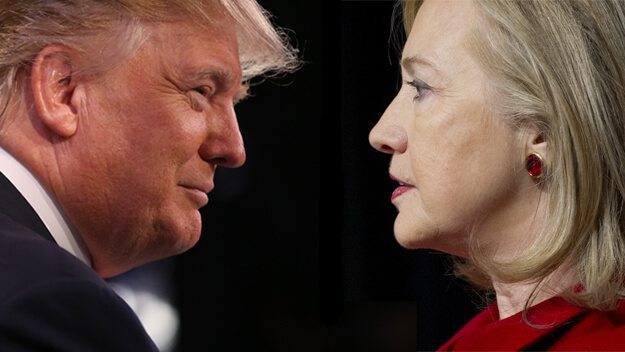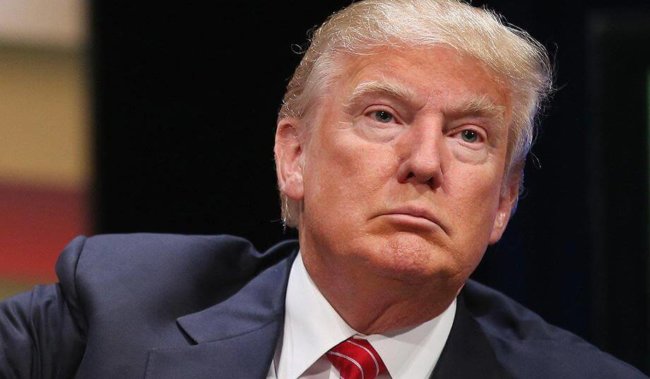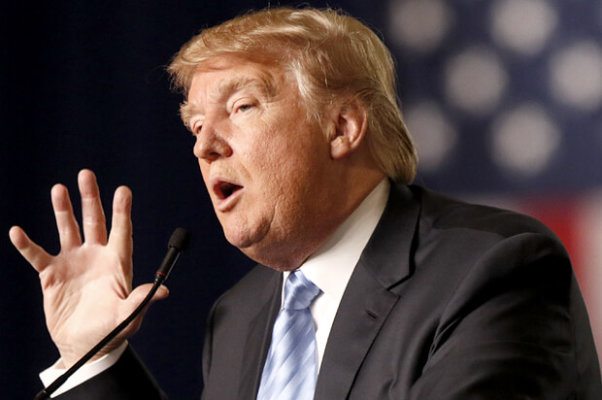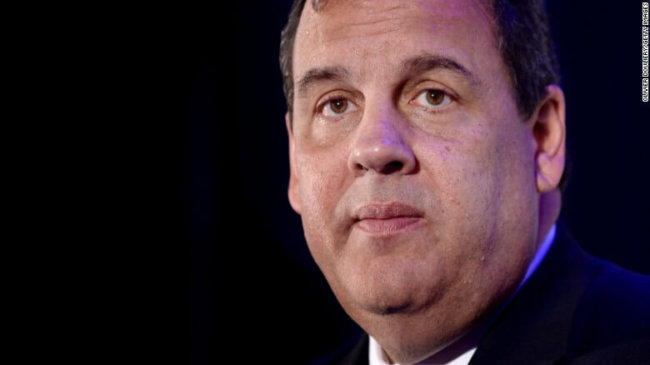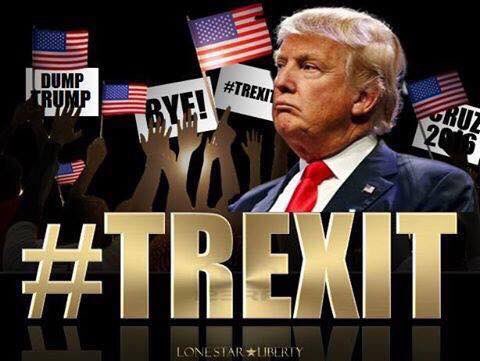They call themselves “small government advocates,” yet, when the chance came to prove their idea of small government, John Boehner and the majority of Republicans voted to extend various parts of the Patriot Act set to expire at the end of February, with little debate on the House floor.
This first vote needed a two-thirds majority to limit debate, but failed with a final vote of 277 – 148, gaining 23 votes from the Teaparty who voted with Democrats to defeat the automatic extension.
The PATRIOT Act, officially called The USA PATRIOT ACT, acronym for Uniting and Strengthening America by Providing Appropriate Tools Required to Intercept and Obstruct Terrorism Act of 2001 – was signed into law by George Bush about a month after September 11th, 2001. The law allowed the United States Government and other law enforcement authorities the ability to legally check the telephone records, emails, medical, financial, and other records of United States citizens under the guise of “fighting terrorism.”
The controversial parts of the law that the “small government” Republicans wanted to continue included wire-tapping, the ability of the government to seize businesses or personal property and the tracking of non-US nationals suspected of being “lone-wolf” terrorists not tied to any extremist groups.
Being credited for convincing some in the Teaparty to vote against the extension is Rep. Dennis Kucinich (D-OH) who challenge them to stand up to their claims for a less invasive governemnt. In a statement, he said;
“The 112th Congress began with a historic reading of the U.S. Constitution. Will anyone subscribe to the First and Fourth Amendments tomorrow when the PATRIOT Act is up for a vote? I am hopeful that members of the Tea Party who came to Congress to defend the Constitution will join me in challenging the reauthorization.”
The measure now moves to the floor of the House of Representatives for debate. A simple majority is then needed to approve the extension.



